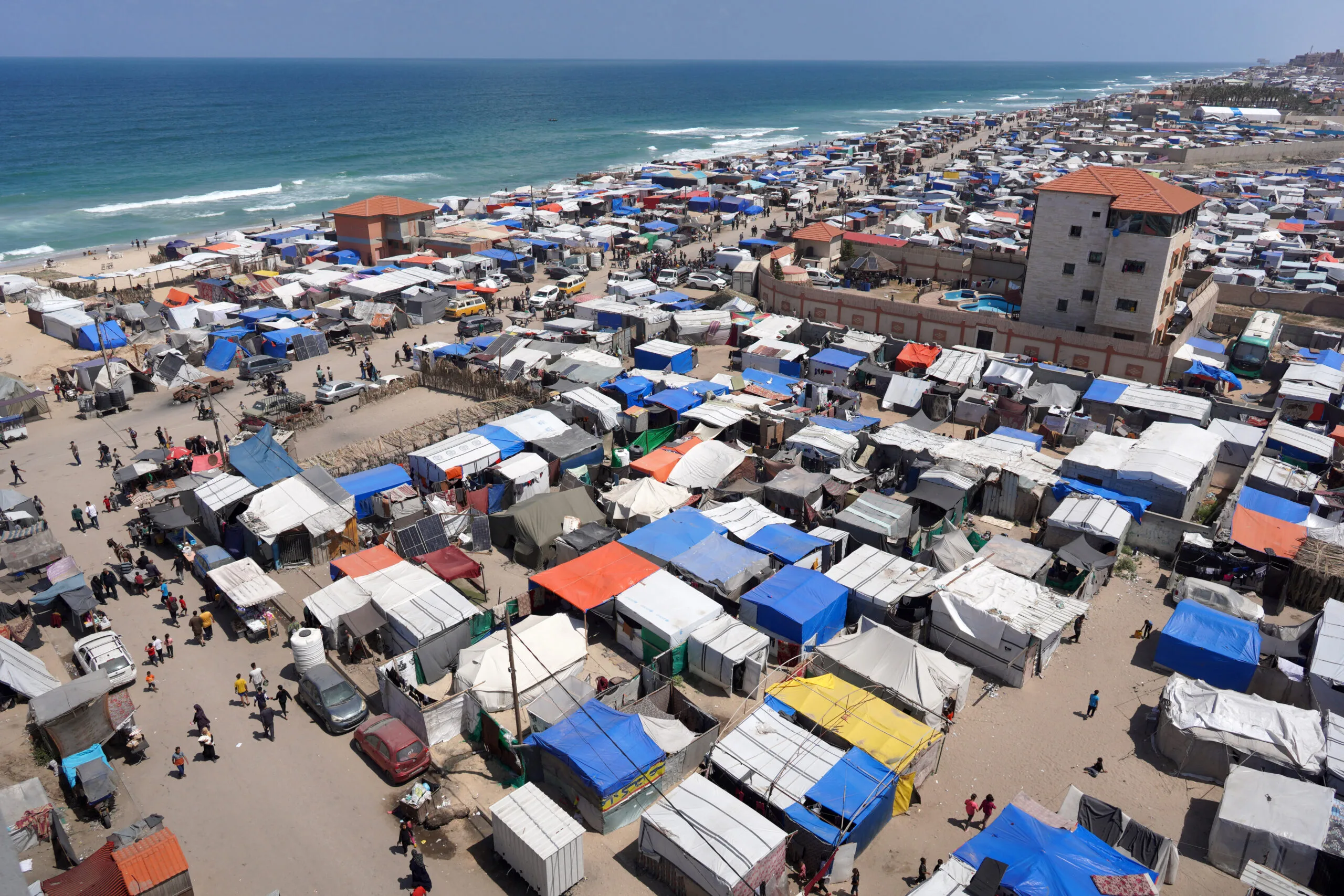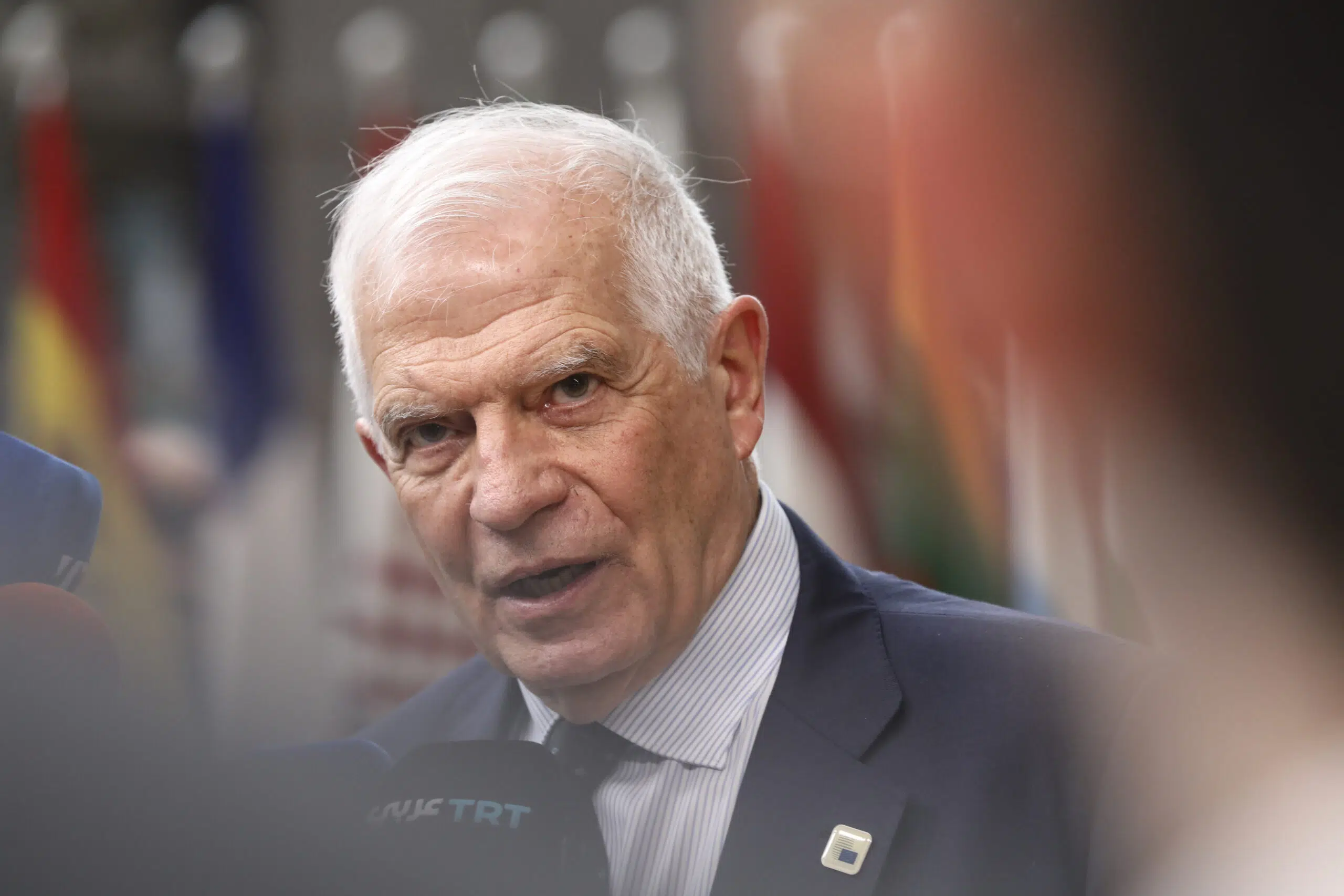Brussels – The last of the red lines that the international community has drawn for Israel in its fierce response to the Hamas terrorist attack has been to refrain from conducting any military operations in Rafah, in the southern Gaza Strip, where more than a million displaced Palestinians have been gathering for the past eight months. Now that Tel Aviv has a foot beyond this line, the first warning from the EU High Representative for Foreign Affairs, Josep Borrell, arrives: if Netanyahu continues on his path, the relations between the EU and Israel are in jeopardy.
In a note published today (May 15), the head of the European diplomacy urged Israel, on behalf of the 27 countries, to “immediately end the military operation at Rafah.” An operation causing “further disruptions” in the distribution of humanitarian aid to Gaza, “new internal displacement, exposure to famine and human suffering.” According to the UN Office for the Coordination of Humanitarian Affairs (OCHA), the Israeli ground offensive continues to expand, particularly in eastern Rafah and around the Kerem Shalom and Rafah crossings. OCHA confirms that “due to current Israeli military operations and insecurity,” the critical land routes of Kerem Shalom and Rafah—from where most humanitarian aid is supposed to enter —”have been closed from May 6 to May 10, 2024.”

In recent weeks, some 150,000 people have decided to leave Rafah, following the evacuation order issued by the Israeli authorities to areas that— as deemed by the UN and emphasised again by Borrell—”cannot be considered safe.” For the High Representative, the Rafah offensive is a point of no return: should Israel continue to ignore the appeals of the international community, “this would inevitably strain relations with the EU.”
To date, Netanyahu’s government has remained deaf to any appeal, binding or otherwise, from the major global multilateral institutions. In fact, it has attacked them head-on: the latest clash came after the UN General Assembly Resolution that will allow Palestine to become a member of the United Nations. The Israeli government rejected it, and the prime minister’s office declared that “we will not allow them to create a terrorist state from which they can attack us even more strongly.” In parallel—and not for the first time—the Israeli ambassador to the UN told the army radio that the UN has become “a terrorist entity.”

Borrell also reiterated that “Israel must allow and facilitate the unimpeded passage of humanitarian relief for civilians,” as stipulated by the temporary measures ordered by the International Court of Justice on January 26 and March 28 to prevent genocide in Gaza. Also, according to OCHA, in the first ten days of May, only nine of 32 humanitarian aid missions in northern Gaza were allowed by the Israeli authorities. Five were denied, 11 were obstructed, and seven were cancelled due to logistical problems. Similarly, Tel Aviv allowed only 25 of 46 aid missions in the south of the Strip. Nine missions were denied, three were obstructed, and nine were cancelled due to logistical problems.
Recalling that Hamas as well is responsible for obstructing the delivery of humanitarian aid with its May 5 rocket fire on Kerem Shalom, Borrell reiterated his call “for all parties to redouble their efforts to achieve an immediate ceasefire and the unconditional release of all hostages held by Hamas.”
English version by the Translation Service of Withub







